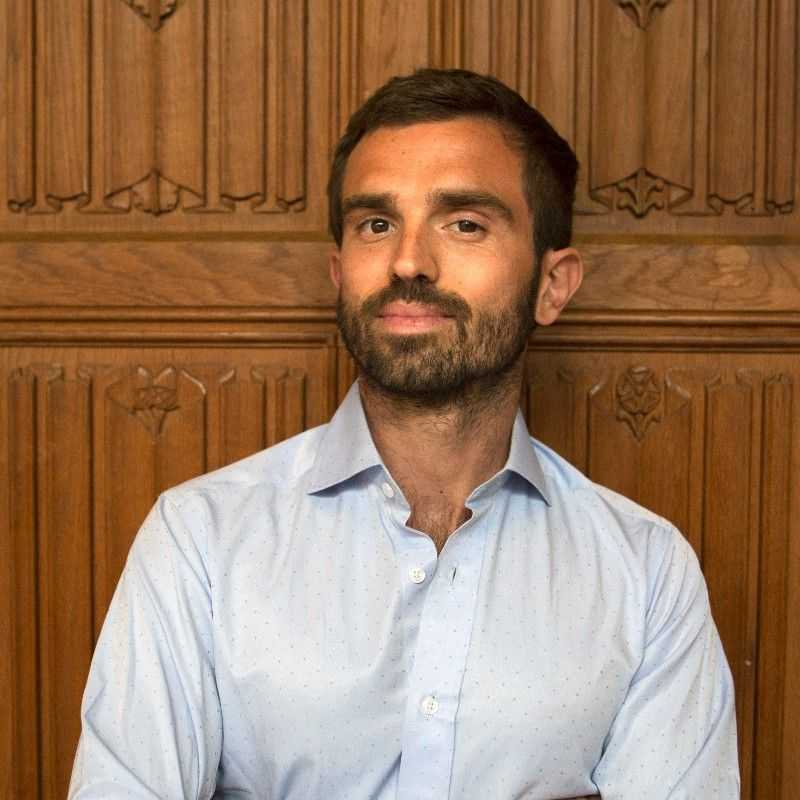Home>Tomaso Ferrando

Tomaso Ferrando
PhD from the Law School's Research Center
Law School's Research Center
Discipline(s): Law
Biography
Dr. Tomaso Ferrando is Assistant professor of International Economic Law at the University of Warwick Law School. He is also a Research Associate at the International University College of Turin and Associate Editor of Global Jurist.
Before obtaining his PhD from Sciences Po University (Paris) in 2015, he was a Resident Fellow at the Institute for Global Law and Policy (Harvard Law School), a Visiting Scholar at the Universidade de São Paulo (Commerce Law Department) and the University of Cape Town (Public Law Department), and a post-grad researcher at both the law and the anthropology departments of UC Berkeley. In 2010, he also acted as a pro bono lawyer for Racimos de Ungurahui, a Peruvian NGO specialized in providing legal support to local communities affected by development projects and resources extraction.
Since then, he has been cooperating with local and international NGOs dealing with resource-related large-scale investments, including Greenpeace, CONCORD and Action Aid International. He also consults for the European Union. Tomaso's main research interest is represented by the trasnantional food regime and its legal, economic and social construction.
In particular, his research builds on his multidisciplinary background and stands against the rigid separation between legal areas, in particular the public-private distinction that occupies Western legal thought and teaching. Moving along this trajectory, his PhD starts from the assumption that any critical analysis of global food chains as a complex and non-linear legal map that goes beyond the traditional understanding of governance and control, especially because of the need to reckon with the “increasing role of financial motives, financial markets, financial actors and financial institutions in the operation of the domestic and international economies.”
Hence, Tomaso’s inquiry strives to analyze the interplay of neo-liberalism, legal globalization and financialization of the food regime both in terms of their interconnection and in terms of the use of law as a privileged proxy through which the expansion of finance, the internationalization of capital, and the globalization of markets are achieved.
publications
- Magali Ramel, Luc Bodiguel, Pierre-Etienne Bouillot, Tomaso Ferrando, Priscilla Claeys, et al.. Le droit à l'alimentation pour une transition juste vers des systèmes alimentaires durables. FIAN Belgium, 35 rue Van Elewyck, 1050 Bruxelles, Belgique; FIAN International. 2023. ⟨hal-04302183⟩
- Delphine Dogot, Tomaso Ferrando. Le capitalisme et le droit international privé. Horatia Muir Watt; Lucia Bizikova; Agatha Brandao d'Oliveira; Diego Fernandez Arroyo; Megan Ma. Le tournant global en droit international privé, Pedone, pp.307, 2020, 9782333009548. ⟨hal-04292623⟩
- Tomaso Ferrando. Land and territory in global production : a critical legal chain analysis. Law. Institut d'études politiques de Paris - Sciences Po, 2015. English. ⟨NNT : 2015IEPP0028⟩. ⟨tel-03647374⟩
- Tomaso Ferrando, Veronica Corcodel, Delphine Dogot, Natacha Esteves, Davide Tommaso Ferrando, et al.. Law and Boundaries: The Creation of a Transnational Critical Network. Global Jurist, 2015, 15 (2), ⟨10.1515/gj-2015-0010⟩. ⟨hal-04437077⟩
- Tomaso Ferrando, Veronica Corcodel, Delphine Dogot. Law and Boundaries: The Creation of a Transnational Critical Network. Global Jurist, 2015, 15 (2), ⟨10.1515/gj-2015-0010⟩. ⟨hal-04292667⟩
- Veronica Corcodel, Delphine Dogot, Tomaso Ferrando, Ivana Isailović. The Law and Boundaries Project: Creating a Space for Dialogue and Innovative Thinking. Global Jurist, 2013, 13 (2-3), ⟨10.1515/gj-2014-0010⟩. ⟨hal-04292670⟩